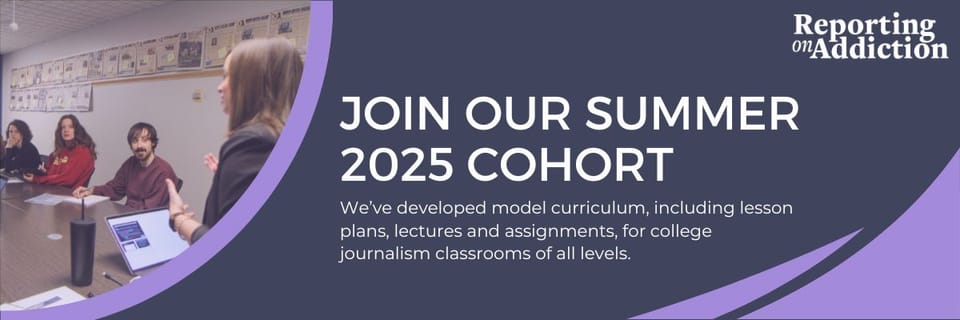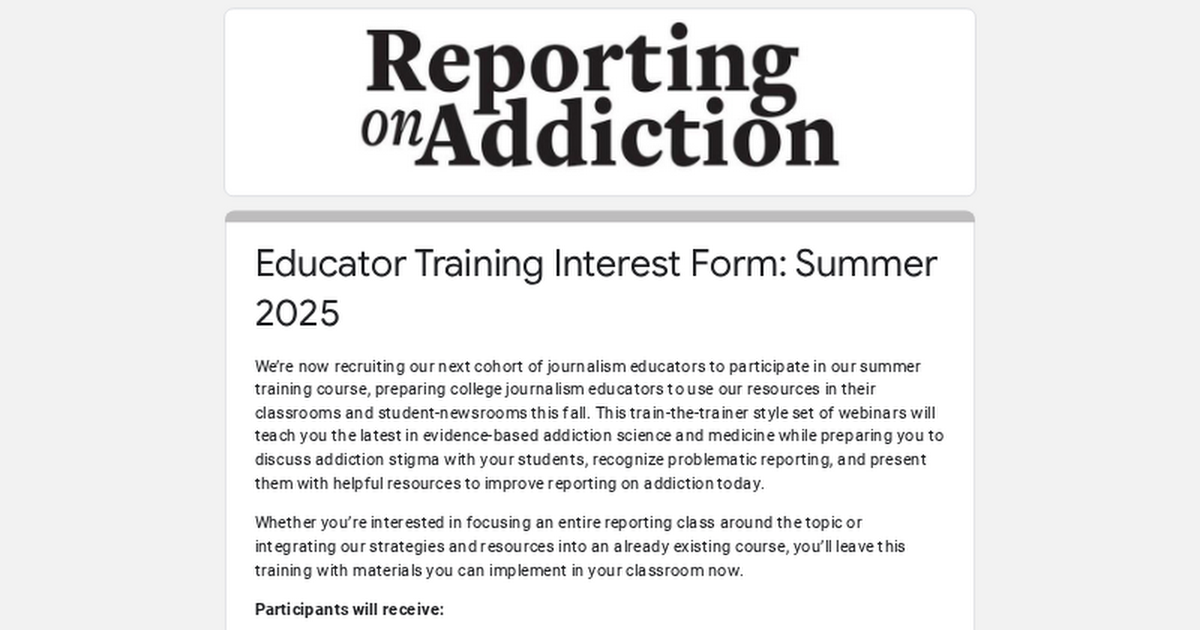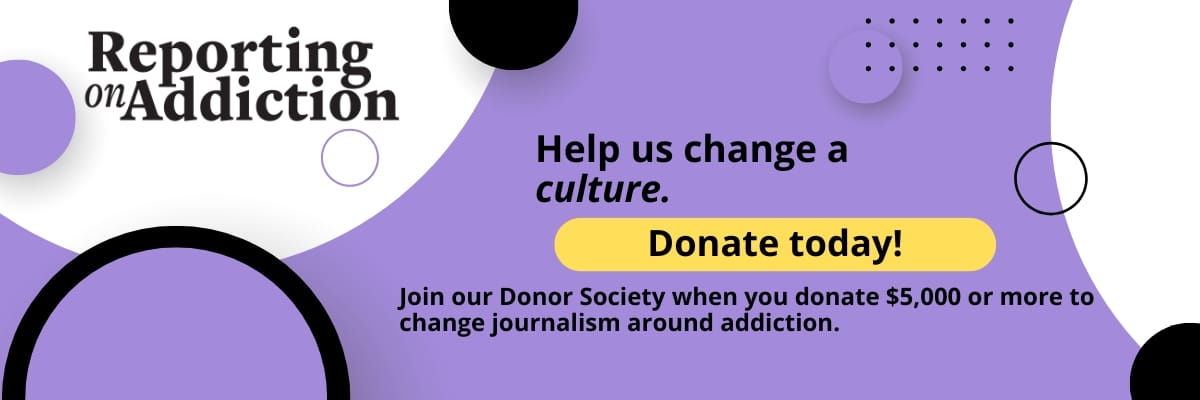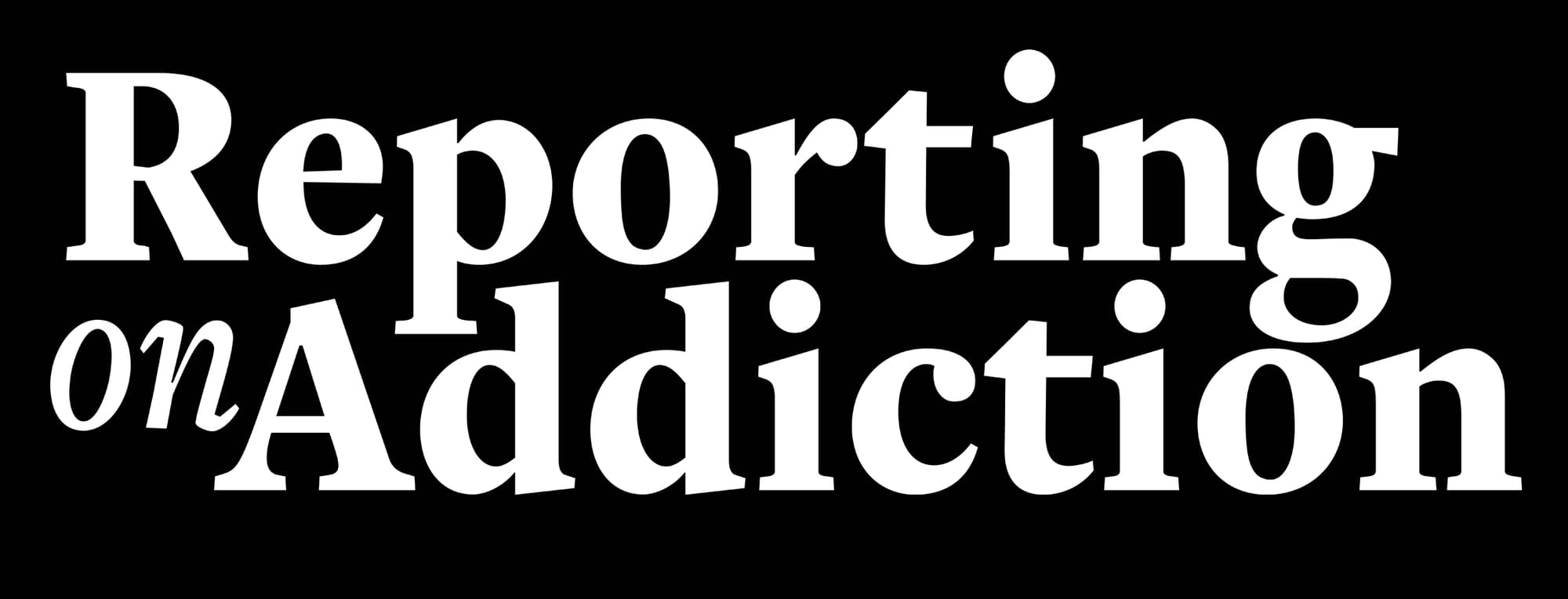Join our 2025 Educator Cohort

Interest forms are open for Reporting on Addiction’s 2025 journalism educator training.
In this free virtual training, we prepare journalism professors and student media advisors to use our resources in their classrooms and newsrooms. These train-the-trainer webinars will teach you the latest in evidence-based addiction science and medicine while preparing you to discuss addiction stigma with your students, recognize problematic reporting, and present them with helpful resources to improve reporting on addiction today.
Whether you’re interested in focusing an entire reporting class around the topic or integrating a few of our strategies and resources into an already existing course, you’ll leave this training with materials you can implement in your classroom immediately.
Participants will receive:
- A deeper understanding of the latest addiction science and stigma
- Techniques for addressing stigma and misinformation in your own classroom discussions about addiction
- Teaching materials, including lectures and homework assignments, to use in your classroom
- Assistance adapting our materials to fit within your pre-existing reporting courses
- A community of professors and working journalists to support each other through the teaching of difficult topics
Educators are asked to commit to five virtual sessions over the three-week summer program. If you’re interested in joining us, or know someone who might be, please fill out this quick form or forward this email to someone you know.
In the first three years of our training, we’ve worked with professors and student media advisors at 18 schools, including University of Southern California, Penn State, Weber State, North Carolina State University, Eastern Kentucky University, and Kent State University.

Here’s what previous participants have to say:
“The workshop was a great reminder that issues like addiction are always complex and non-binary. There's not one or two narratives but lots of narratives with lots of nuance. And that there's a traumatized person, their family, their communities attached to every story. They deserve understanding, empathy and respect from journalists as we try to build the larger understanding in our communities.”
- Susan Zake, Professor, formerly Kent State University
“The discussion with colleagues was great. Perhaps things were discussed I was already thinking about, but oftentimes they talked about things that I didn't immediately consider.”
- Tricia Fulks Kelley, Assistant Professor, Eastern Kentucky University
“The Reporting on Addiction Educator Cohort was a wonderful experience for me as a journalist and an editorial advisor. I learned best practices on how to report on addiction responsibly and respectfully. My students have used the language and visual guides as part of their reporting on mental health and addiction on campus. The cohort is a valuable experience for anyone who teaches and advises the next generation of journalists!”
- Ben McNeely, Student Media Editorial Advisor, North Carolina State University


